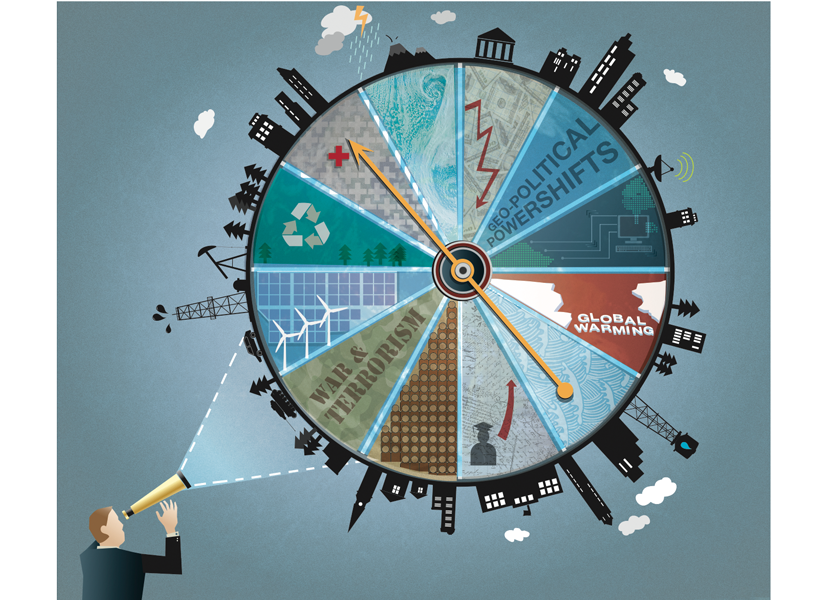
I'm writing today inspired by a post I saw by Chris Walker - on LinkedIn. It resonated with me personally and professionally. There is a dichotomy between having a vision and seeing what others don't while also needing their approval and trying fit in.
We are often asked to solve problems and come up with new and innovating solutions to what we see in front of us. Rarely are you asked to implement a dated and by the book strategy, everyone wants to be on the cutting edge.
Oddly enough, the more your ideas or approach differ from the status quo, from what the people within the organization has succeeded on, the harder it gets to take those new roads. It feels like most of time, people want you to take the same path and miraculously see something that no one else before you saw, hang a right and boom ... you are at your perfect oasis.
Ridiculous.
Here's a fun list for you:
- Apple
- Tesla
- AirBnB
- FedEx
- KFC
- Evernote
- Blogger
- Amazon
Wondering what the list is about? All of those companies almost failed. I don't mean with a launch or idea, almost failed completely as a business. Taking a non-conventional path, something that others cannot see at the time is wicked hard. Everyone can sit here today and look back and say of course they are successful, look at what they did. At the time however, they were challenging traditional models, working with a vision and approach that only they saw.
I even had personal experience this morning, albeit a micro scale. I posted about a partnership in the UK by Jiffy Grocery and Brewdog. If you follow my writing on the platform, you will know that I regularly challenge qCommerce (especially in the retail and grocery space). There are a variety of reasons for it that I won't get into in this post, one of the major ones that I speak about is this blind focus to speed. I compare this to the CPU wars of the early 2000s, where the only reach change from model to model was a few more hundred megahertz to the clock frequency of the CPU.
I was delighted to see the following:
"Shifting perceptions of rapid grocery delivery services has taught us that speed is not the only priority,” said Jiffy co-founder Vladimir Kholiaznikov. “We take care of our customers by delivering a high-quality, fresh and extensive range to local communities in London. Our new branding reflects what we do and the humble robin personifies it perfectly.”
People regularly push back on what I had shared, that the real value cannot be only about the speed and that focusing all of the execution that way, all of the value proposition of the business was not enough. Seems like others are starting to get onboard.
My point with all of this is that you have to stay the course. If you really believe in your ideas, if you feel that how you are seeing things and the approach you want to take will make a different, you have to keep at it. You will no doubt be rejected over and over again, it will be hard and it will be easier to give in and join the groupthink. Don't do it, in the end, it won't be worth it.
Keep developing your idea, keep researching, keeping stacking the deck in your favour. Seeing something that is coming, an emerging trend, a shift in expectations; that is where real fundamental change happens.

Comments
Post a Comment